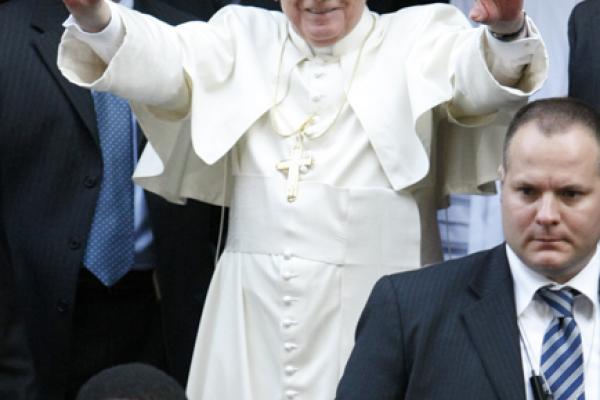Feb 27, 2013
In his final public address, Pope Benedict XVI on Wednesday forcefully defended his decision to resign while trying to reassure Catholics still reeling from the shock of his unprecedented move.
For the first time since his stunning announcement on Feb. 11, the 85-year-old pope explained at length his decision to become the first pope in six centuries to resign. His tenure officially ends Thursday at 8 p.m. local time.
Benedict admitted that his resignation is a “grave” and “novel” act but, he added, his choice had been made “with profound serenity.”
“Loving the church means having the courage to make difficult, agonizing choices, having ever before oneself the good of the church and not one’s own,” he said.
Read the Full Article

Already a subscriber? Login
